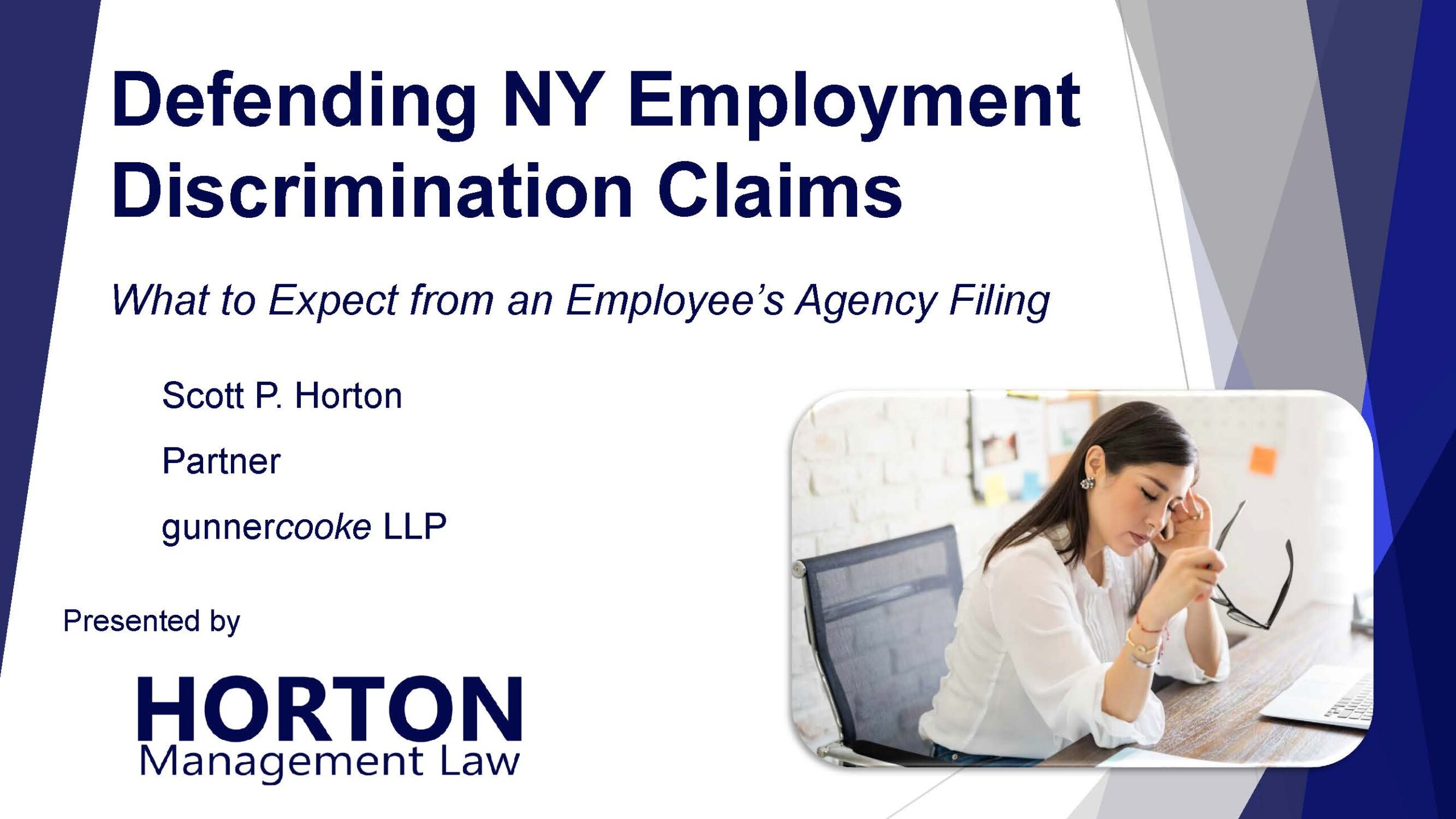On November 22, 2023, New York Governor Kathy Hochul signed the “Freelance Isn’t Free Act.” She had previously vetoed the same legislation in 2022. The new law will affect most independent contractor relationships, at least requiring written contracts.
The New York Freelance Isn’t Free Act was originally scheduled to apply to contracts entered into on or after May 20, 2024. However, the law was amended on March 1, 2024, with a new effective date of August 28, 2024. Originally placed in the New York Labor Law, the Freelance Isn’t Free Act has been moved to Section 1415 of the General Business Law.
Note: New York City’s Freelance Isn’t Free Act took effect on May 15, 2017. This new state law will expand similar rights and restrictions statewide.
Freelance Workers
The law applies to a broad range of freelancers, such as writers, editors, graphic designers, consultants, and others in the gig economy.
“Freelance worker” is defined to mean:
any natural person or organization composed of no more than one natural person, whether or not incorporated or employing a trade name, that is hired or retained as an independent contractor by a hiring party to provide services in exchange for an amount equal to or greater than $800, either by itself or when aggregated with all contracts for services between the same hiring party and freelance worker during the immediately preceding 120 days.
However, the following categories are excluded from coverage:
- Sales representatives, as defined in New York Labor Law Section 191-a
- Lawyers legally practicing law
- Licensed medical professionals
- Construction contractors
Hiring Parties
The term “hiring party” is used under the Freelance Isn’t Free Act instead of “employer,” since the law targets independent contractors rather than employees.
“Hiring party” is defined broadly as “any person who retains a freelance worker to provide any service,” except for a government entity. Accordingly, the law does not apply to public employers.
It applies to “freelance workers,” defined as individuals or single-person organizations hired as independent contractors for services worth $800 or more. The law includes a broad range of freelancers, such as writers, editors, graphic designers, consultants, and others in the gig economy.
Freelancer Contract Requirements
The Freelance Isn’t Free Act mandates that contracts between freelance workers and hiring parties be in writing. The hiring party must provide a copy of the contract to the freelancer either physically or electronically.
The contract must contain the following information:
- Name and mailing address of both the hiring party and the freelance worker
- Itemization of all services to be provided by the freelance worker
- Value of the services to be provided
- Rate and method of compensation
- Date or mechanism of determining when payment will be made
- Date by which a freelance worker must submit a list of services rendered to allow the hiring party to process timely payment
The New York Commissioner of Labor must provide model contracts on the Department of Labor’s website.
A freelancer can assert a violation of the Act if the hiring party did not provide a written contract upon request made before the work began. If the freelancer did not request a contract upfront, the hiring party would still be at risk of evidentiary presumptions in the freelancer’s favor if there is no written contract.
Payment
Under the Act, payment must be made either by the date specified in the contract or, if not specified, within 30 days of completing the freelance worker’s services. The law prohibits hiring parties from demanding that freelancers accept less compensation than contracted as a condition of timely payment.
Protections Against Retaliation and Legal Recourse
Hiring parties that pay late, or don’t pay at all, can be penalized with double damages.
Freelancers are also protected from retaliation for exercising their rights under the Act. Hiring parties cannot deny work opportunities or future work as a form of retaliation. Each violation may result in statutory damages equal to the contract value.
Freelancers can bring civil actions for damages, including attorney’s fees and costs. They have up to 6 years to assert nonpayment or retaliation claims.
Administrative penalties of up to $25,000 may be imposed if a hiring party has been found to have engaged in a pattern or practice of violating the Freelance Isn’t Free Act.
In addition to private lawsuits, the NYS Attorney General may pursue legal claims against hiring parties. (The original legislation provided for the Department of Labor to have administrative jurisdiction over violations of the Freelance Isn’t Free Act. However, Governor Hochul objected that this would impose too much of a burden on the DOL’s resources.)
Implications for Employers and Freelancers
The Freelance Isn’t Free Act signals a shift toward more protections for independent contractors in New York, but also places significant new burdens on hiring parties. It emphasizes the importance of clear, written contracts and timely payment practices. However, the restrictive nature of the law could result in unintended consequences, such as companies opting to work with freelancers outside of New York where possible. If your organization uses independent contractors, you should review such arrangements before the new law takes effect.
For more employment law updates, sign up for the Horton Management Law email newsletter and follow us on LinkedIn.


